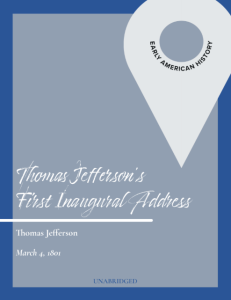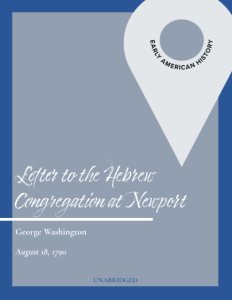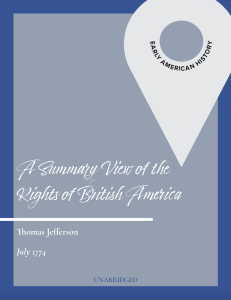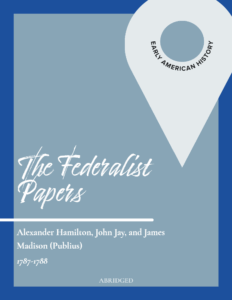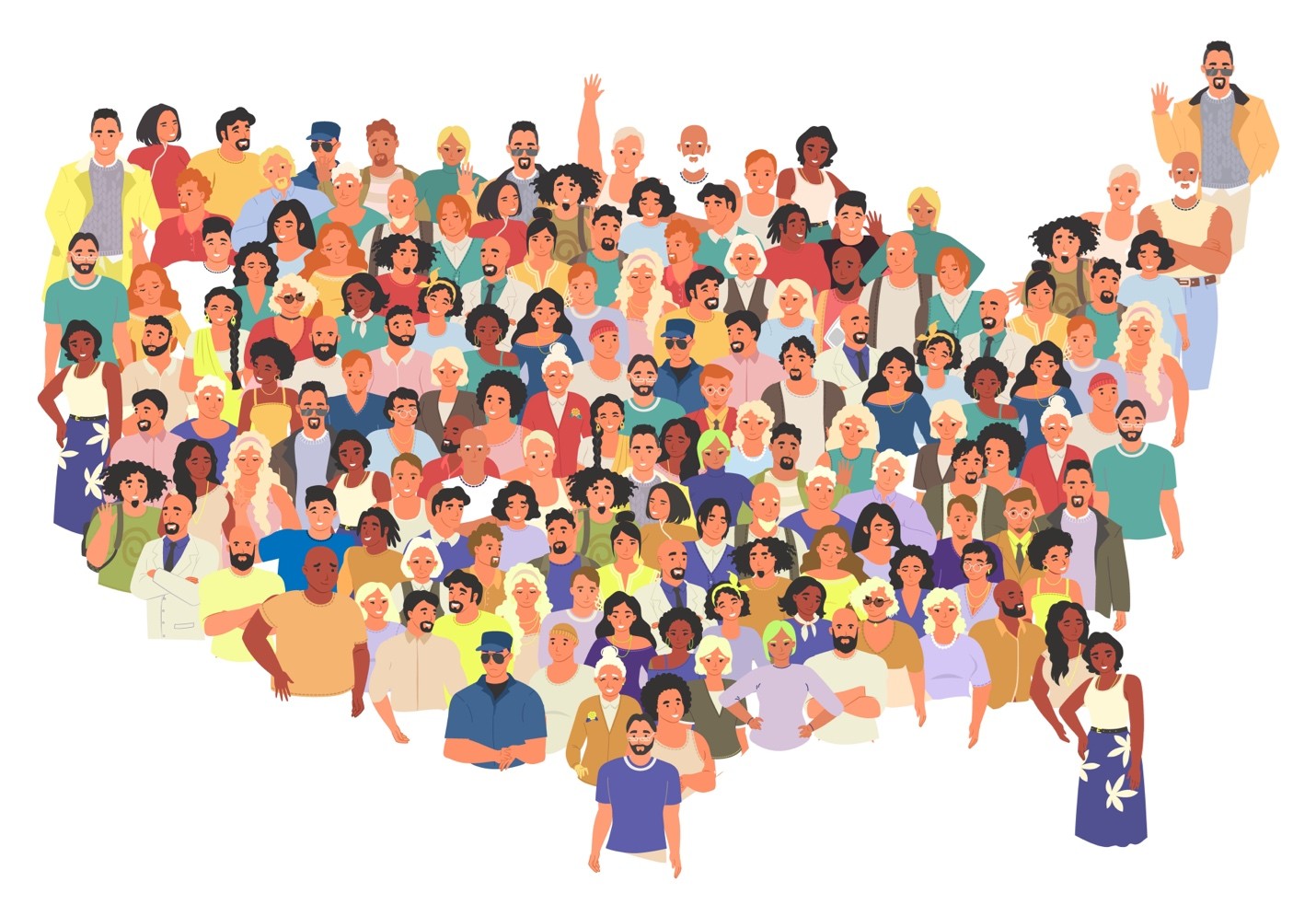
Natural rights are rightful claims that exist by nature.


Capital determines whether a society will be prosperous or poor, well-fed or not, populated by independent and self-reliant citizens or dependent subjects. An abundance of nutritious food, clean water, sturdy homes, safe modes of transportation, reliable sources of heat and power, modern medicines, and many other products and technologies that improve the quality of human life are impossible without capital.
A teacher can help students understand what capital is by encouraging them to think of capital as an individual’s “starter pack” for being productive and getting things done. Capital includes the tools, money, and other valuable resources a person needs to create something of value, or to solve a problem in order to create wealth.
For example, if you wanted to start a lemonade stand, the money you use to buy cups, lemons, water, and a sweetener is capital. While money is an important form of capital, capital can include other resources that help you create wealth for yourself by producing value for others.
Other Kinds of Capital:
Capital is anything you can use to “build” something that will provide experiences of value for other people. Money is the most obvious example of capital, but creativity, friendships, and even your honesty and intelligence, can be just as important, maybe even more important in some circumstances.
So, yes! Capital is cash and more: Capital includes any resource that helps you be more productive. Ask students: What kinds of capital do they have? Maybe it is their energy, ideas, or even their ability to make people laugh. Remind them that everyone—even people with little or no money—have important capital over which each person has much control: A person’s own reputation, honesty, and trustworthiness.
Evaluating incentives
One of the most important questions within any society is: Who will allocate capital? One possibility is that individuals choose whether, how, when, where, and why to spend their own money and invest their own capital. Another option is that political elites within government will tax citizens and confiscate the wealth that others have created, and then those in government will choose how to allocate other people’s their capital.
Individuals choosing how to invest their own capital have strikingly different incentives than politicians and bureaucrats in government spending other people’s money.
As we discuss in another section, profit is the happiness of other people. When individuals and business owners make their own choices about how to allocate and when to invest their own capital, they aim to earn a profit—they want a return on their investment—which is another way of saying they’re trying to make other people happy by producing value for them.
When those in government choose how to spend other people’s money, they serve their own interests, usually by expanding the scope and power of government. That is worth repeating: Business owners allocate their own capital in order to make a profit for themselves by making other people happy; government allocates other people’s capital in order to extend the power and control of government.
Every new government spending program, after all, requires expanding the class of unelected bureaucrats, adding new levels of control over what citizens may do, and adding new kinds of taxpayer-funded government competition to businesses and other private organizations.
Incentives of Allocation
For politicians and bureaucrats, resource allocation often means achieving political ends or aiming for short-term gains. Without direct knowledge of costs or profits, these decisions can be quite unpredictable.
When private individuals choose how to invest or spend their own money, they have strong incentives to make careful, strategic decisions. If they invest wisely, they personally reap the rewards; if they invest foolishly, they suffer the losses. This direct link between decisions and consequences encourages efficiency and accountability. Individuals are motivated to seek the highest return (or best use) for their funds, and they also bear the risk of losing their capital if a project fails.
By contrast, when those in government take capital from citizens through taxation, politicians and bureaucrats end up allocating resources that are not their own. As a result, several distortions can arise:
In short, when individuals allocate their own funds, they have personal incentives—financial risk and reward—to be careful stewards of their capital. When governments collect taxes and decide how to spend them, officials are allocating other people’s funds and often do so under weak or no incentives for efficiency, with less direct accountability for mistakes, and with political or bureaucratic considerations that can overshadow the goal of maximizing societal well-being.
 Nº1
Nº1
Description
Download PDF Download ePub Button 3
Rights belong to individual human beings, not groups of people based on skin color, class, sex, sexual preferences, or any other group characteristic.
A right is a rightful claim. If you have a rightful claim to something—such as your property, or your liberty—then you have a right to that thing. The idea of individual rights is rooted in what the American Founders called “natural rights,” which are rights—and rightful claims—that exist by nature.
Simply by virtue of human nature, every human being possesses a right (and has a rightful claim) to one’s own life, liberty, and the pursuit of happiness, as the Declaration of Independence reminds us.
Every human being possesses these rights by nature, which is to say they are natural rights.
– Natural rights don’t come from government or laws. If government or the laws a government creates and enforces violate the natural rights of citizens, then the government and its laws are wrong, unjust. We judge governments by the standard of natural rights, not vice versa.
– Every individual human being has equal natural rights because every individual human being has a natural, rightful claim to his own body, mind, life, liberty, labor, property, and the free pursuit of happiness, including the freedom of speech and religious liberty. Individual natural rights do not vary according to a person’s skin color, genitalia, gender identification, or sexual preferences. The natural rights of each individual human being are the same as the natural rights of all other human beings precisely because they are natural, and all human beings share the same human nature.
– The very concept of equal protection of the laws for the equal individual rights of each and every citizen is rooted in the idea of equal natural rights, itself rooted in human nature—which is universal and timeless. All human beings, everywhere, have the same human nature, regardless of what they look like or what language they speak.
Individual natural rights are also unalienable. In the context of the Declaration of Independence, unalienable refers to rights that are inherent and cannot be taken away—or transferred from one person to another—because they are derived from the very nature of being human.
Someone might steal your wallet or purse, for example, yet you still have a rightful claim to your wallet/purse after it has been taken. That is why theft is wrong, and why it is right to return something that has been stolen.
Stealing property from an individual is wrong. Stealing a person’s natural right to his own property is impossible. Stealing someone else’s life—i.e. murder—is wrong. Stealing someone’s natural right to life is impossible.
The natural rights of an individual can be violated, but no one can take away natural rights. Your natural rights, as a human being, cannot be alienated from you. They are unalienable. Unalienable natural rights are why moral wrongs are wrong.
